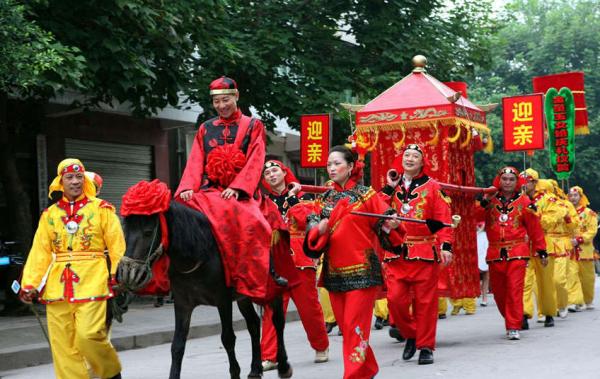
China, with its vast and diverse history, exhibits a wealth of cultural wonders. China’s age-old culture symbolizes a complex and diverse mosaic woven throughout the ages. In this article, let us investigate the cornerstones that make up this unique and enduring culture.
One element of Chinese traditional culture lies in the vast array of cultural traditions. Classical Chinese philosophy introduced influential ideas, like Confucianism, all of which formed China’s culture significantly. These ideologies stress principles including balance, loyalty to family, as well as empathy, all of which still bear significance throughout modern China.
Another crucial facet related to China’s cultural heritage relates to the arts. The art of China is often identified through its focus on symmetry, in addition to the value given to brushwork. From traditional paintings to ceramics, these various artistic forms demonstrate the sense of artistry in Chinese traditional culture.
south red agate
In addition to philosophy and art, China’s cultural heritage additionally includes rich practices and festivals. These particular festivals, like the famous Spring Festival, Mooncake Festival, as well as Dragon Boat Festival, aim to fortify societal ties while also safeguard the traditional values. Every celebration tends to be associated through specific rituals, cuisine, as well as performances, reflecting the varied heritage landscape.
Moreover, China’s cultural heritage is visible within the architectural designs. Spanning from historic structures and common houses, China’s architectural heritage showcases an emphasis upon symmetry, scale, as well as its relationship of the surrounding environment. These unique structural designs stand as a testament of the enduring heritage legacy.
In conclusion, China’s cultural heritage symbolizes a complex as well as timeless tapestry of ideology, artistic expressions, customs, celebrations, as well as architectural styles. These varied facets not just illustrate the country’s vibrant historical past, but also function as a basis of present-day Chinese society. By way of appreciating and also maintaining these unique cultural treasures, one can gain a more profound grasp of the nation’s essence, while additionally enhancing the international cultural understanding.